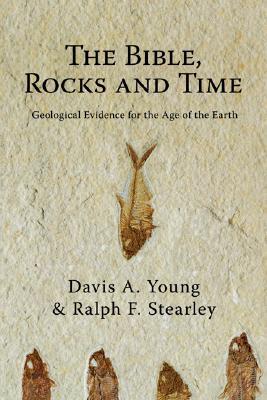As quantum mechanics has become more refined, the physicists are increasingly clear--and increasingly divided--about the ultimate physics behind human choice. There are three dramatically different ways of understanding what happens when we "choose." It all depends whether we live in a:
- "block universe,"
- "random universe," or
- "multiverse."
In a "block universe," a single timeline proceeds inexorably into the future, predetermined by precise laws. In such a universe, "choice" is a psychological state, not a physical event. We feel like we are "choosing" when we set a date or pick a mate, but all our acts are predetermined by matter in motion. Einstein was the last great champion of this view, which came under fire as quantum physics revealed the limits of classical mechanics. Heisenberg and others showed that there was a degree of uncertainty in all our measurements. Einstein did not argue with the limits of our ability to measure, but hoped that the seemingly random events of quantum physics were really determined at some deeper level by "hidden variables" that we cannot measure. Subsequent experiments tend to show Einstein wrong. Bell's Theorem holds that quantum events really aren't determined by any constraints we can identify or imagine, and that theorem has been supported by sophisticated tests. So the block universe as Einstein imagined it is largely out of favor.
In a "random universe," quantum events "determine" what happens at each "observation." There is only one timeline, but it twists and turns its way through the fourth dimension for no identifiable reason. Humans are not bound by the iron laws of physics to do whatever their molecules make them do. In this model, a human brain might be such a sensitive device that events on the quantum scale make the difference between decisions. When Julius Caesar decided to cross the Rubicon to attack Rome, he cried, "The die is cast!" Perhaps he should have said, "The quantum has fluctuated!"
In a multiverse, there isn't just one timeline. Every possible "branch" in time actually happens. David Deutsch articulated this position in The Fabric of Reality. If an event falls within the range of quantum possibilities, Deutsch argues, then it really happens--and he has a broad view of the range of quantum possibilities. It is possible for every atom in your body to move up at the same time--so you could levititate, despite the laws of gravity. In Deutsch's model, that means there are timelines where you do levitate. In fact, there are timelines where you levitate for hours on end--or levitate in groups--or levitate in groups on brooms chasing the snitch in a quiddich match.
Choice in a multiverse is real--every branch of the timeline is a true choice. But a multiverse disturbs our sense of self--if every choice I make results in two timelines, which is the "real me"? Is it the one typing this article, or the one who is playing quiddich?




